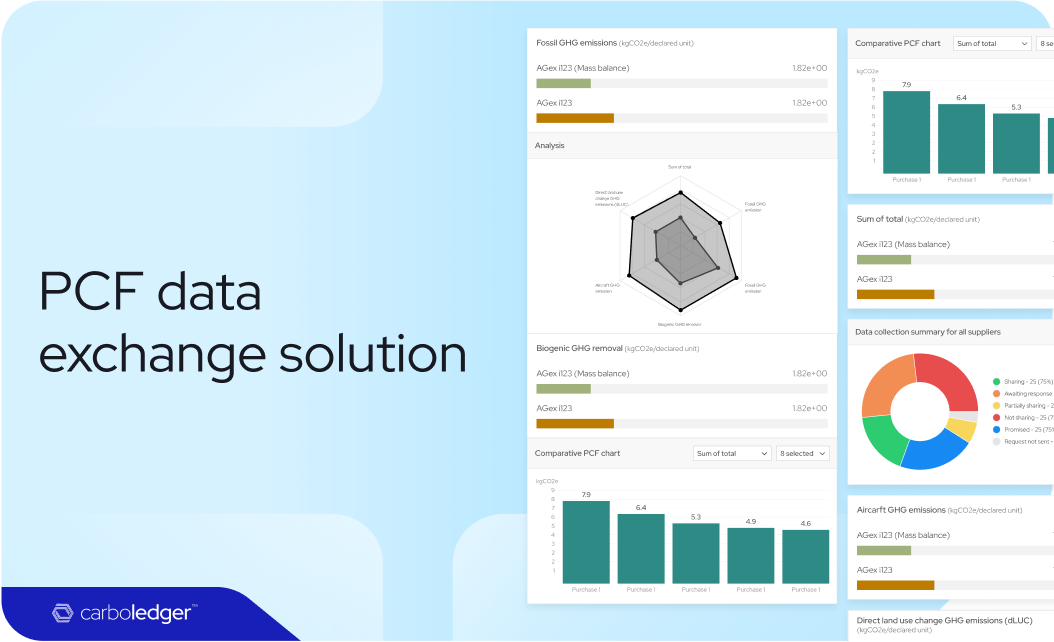Conducting a Life Cycle Assessment (LCA) is a detailed process that requires precision, thoroughness, and a deep understanding of the product or process being assessed. However, even experienced sustainability professionals can encounter pitfalls. Avoiding common mistakes is crucial for ensuring the accuracy and usefulness of LCA results. Here are key errors to steer clear of:
Overlooking System Boundary Selection
One common mistake is not clearly defining or inconsistently applying system boundaries. This can lead to either an underestimation or an overestimation of environmental impacts. Ensure that the system boundaries are comprehensive yet specific to the goal of the LCA, including all relevant inputs and outputs.
Inadequate Data Collection
Relying on generic or outdated data can significantly affect the accuracy of an LCA. While it’s sometimes necessary to use secondary data, strive for the most current and specific data available, especially for processes unique to the chemical industry or when assessing Scope 3 emissions.
Ignoring the Quality of Inventory Data
The quality of life cycle inventory (LCI) data dramatically influences the reliability of the LCA. Not accounting for data variability, geographical specificity, and temporal relevance can lead to skewed results. Prioritize high-quality, representative data and document any assumptions or data sources clearly.
Underestimating the Complexity of Impact Assessment
The Life Cycle Impact Assessment (LCIA) phase requires selecting appropriate impact categories and methodologies. A common mistake is oversimplifying this step or not aligning the chosen methods with the LCA’s goal. Each impact category should reflect the environmental concerns relevant to the product or industry being assessed.
Failing to Communicate Results Effectively
An LCA’s value lies not just in identifying environmental hotspots but also in informing stakeholders and guiding decision-making. A mistake often made is not effectively communicating the findings, including the limitations and uncertainties of the study. Ensure that the results are presented in a clear, understandable manner that supports informed decision-making.
Neglecting the Review Process
Conducting an LCA without peer or expert review can undermine its credibility. An external review, especially for LCAs intended for public disclosure or critical decision-making, helps validate the study’s methodology, data quality, and findings.
Overlooking Opportunities for Continuous Improvement
Viewing LCA as a one-time activity rather than an ongoing process is a missed opportunity. Sustainability is dynamic; regularly updating LCAs to reflect changes in processes, materials, or technology ensures that decisions are based on current data and can reveal new opportunities for environmental improvement.
By being mindful of these potential mistakes and adopting a rigorous, transparent approach, sustainability professionals can leverage LCA as a powerful tool for driving life cycle analysis and sustainability.





